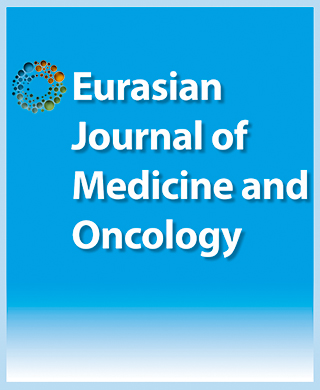

Solving the Puzzle of Treatment Resistance in Patients with HER2-Positive Metastatic Breast Cancer New Approaches to HER Target Family Network
Katarzyna Rygiel11Department of Family Practice, Medical University of Silesia (SUM), Zabrze, Poland Medical University of Silesia (SUM), Zabrze, Polan,
In the last twenty years, there has been remarkable progress in the development of therapies for human epidermal growth factor receptor 2 (HER2)-positive breast cancer (BC), and now, systemic therapy is a key component of the metastatic BC management. Modern therapies for patients with HER2-positive metastatic BC include targeted anti-HER2 monoclonal antibodies (mAbs), antibody-drug conjugates (ADCs), tyrosine kinase inhibitors (TKIs), and chemotherapy (CHT) (e.g., capecitabine). Consequently, various HER2-targeted agents, such as trastuzumab and pertuzumab (mAbs), trastuzumab emtansine (T-DM1) (an ADC), as well as lapatinib (a TKI) have been recommended as key components of the standard of care regimens for patients suffering from HER2-positive BC. This mini-review outlines possible mechanisms of resistance to common anti-HER2 treatments. In addition, this paper highlights novel HER2-targeted therapeutic strategies for the systemic treatment of patients with HER2-positive metastatic BC, including margetuximab (a novel mAb), trastuzumab deruxtecan (a high potency ADCs), and tucatinib (a selective TKI), based on the results of recent clinical trials. Furthermore, this article briefly comments on the phosphatidylinositol-3 kinase (PI3K)/AKT/mammalian target of rapamycin (mTOR) inhibitors and anti-HER3 approaches, in women with metastatic BC. This overview also addresses some possible advantages of immune checkpoint inhibitors and cyclin-dependent kinase (CDK) 4/6 inhibitors used in combination with anti-HER2 therapies for patients with HER2-positive metastatic BC, as well as some management issues, aiming at bridging the gap between the guidelines and the challenges of daily practice in individual women with HER2-positive metastatic BC. Keywords: Antibody-drug conjugates (ADCs), breast cancer (BC), human epidermal growth factor receptor 2 (HER2), metastatic BC, monoclonal antibodies (mAbs), treatment resistance, tyrosine kinase inhibitors (TKIs)
Cite This Article
Rygiel K. Solving the Puzzle of Treatment Resistance in Patients with HER2-Positive Metastatic Breast Cancer New Approaches to HER Target Family Network. EJMO. 2020; 4(2): 126-134
Corresponding Author: Katarzyna Rygiel



